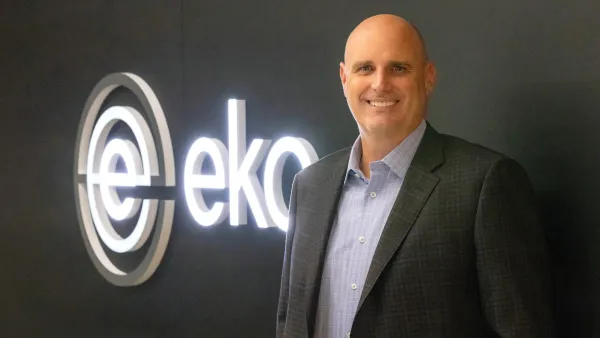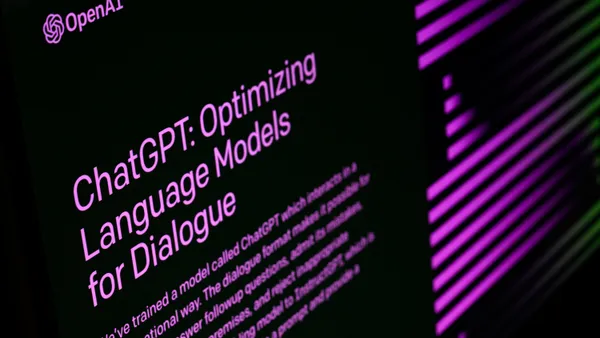Dive Brief:
- Suki's artificial intelligence-driven voice assistant for physicians hit a milestone this week, processing more than 1,000 patient interactions per week, the health IT startup said.
- Since launching in May, the number of physicians using Suki as part of a pilot program has tripled, totaling more than 12,000 patient encounters.
- Early feedback from the pilot shows a 70% decline in time spent on medical notes among doctors who use the voice assistant technology, according to the company.
Dive Insight:
AI and voice technology are especially hot these days as doctors swim upstream against increasing administrative workloads and hospitals and medical practices look to prevent burnout.
A study in the Annals of Family Medicine found that primary care doctors spend more than half their workday on EHR and computer tasks, while a Medscape survey showed tied administrative overload to high levels of burnout and depression in the medical field. The result is less time — and lower quality time — with patients.
Meanwhile, studies show consumers are eager for more communication and face time with their physicians — and those who get it are more likely to reward their doctors with positive online reviews and ratings.
Currently, Suki is being used by physicians in seven specialties across eight states. The specialties are rheumatology, pulmonology, internal medicine, obstetrics and gynecology, orthopedics, pediatrics and plastic surgery.
"We are proud of the progress made since introducing Suki in May, and exited to be freeing more and more physicians from the arduous burden of medical documentation to focus on their first priority — patient care," CEO and co-founder Punit Soni said in a statement. "This growth demonstrates the demand for new solutions that support physicians throughout their care delivery and work across specialties and settings."
The Redwood City, California-based company recently raised $20 million to advance the technology in a Series A round led by Venrock. Flatiron Health CEO Nat Turner and Salesforce CEO Mark Benioff also contributed to the round. The company is led by former executives of Google and Salesforce.
Suki is not the only company eyeing the lucrative medical voice assistant market. Last year, researchers at Google hinted at efforts to develop speech recognition technology for use in transcribing doctor-patient conversations and aiding documentation. The tech giant is already working with Stanford Medical to evaluate AI and voice recognition in generating EHRs, and is reportedly looking to add voice tech talent to its Google Brain team.
EHR vendors will be watching Suki, Google and other AI voice assistant developments closely. Suki said it is already integrating with three EHR systems, including athenahealth's Marketplace, and plans to add more in the future.












